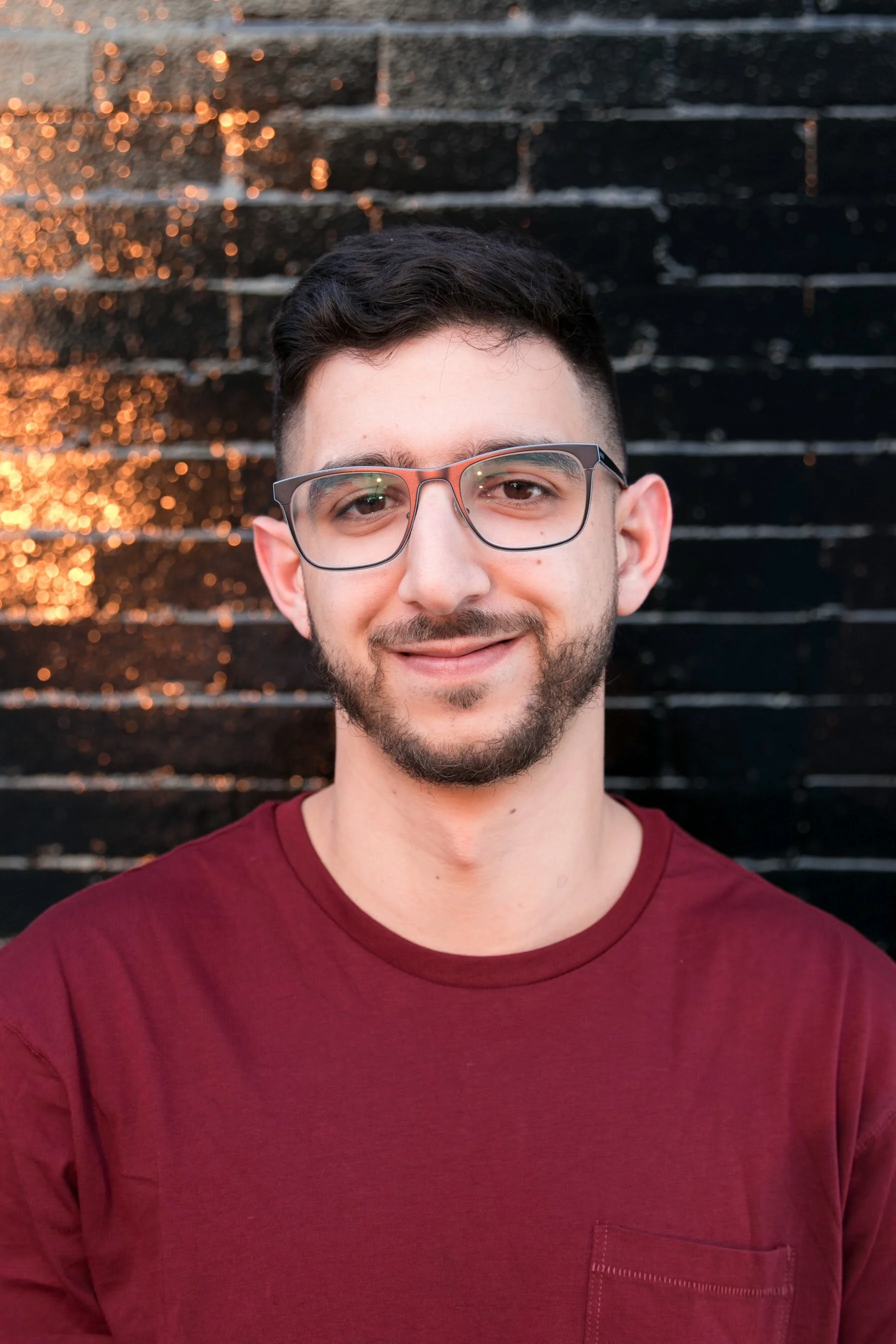Congress holds hearing on BDS, Palestinians not invited to testify
Last week, the House Committee on Government Oversight and Reform’s Subcommittee on National Security held a hearing “The Impact of the Boycott, Divestment, and Sanctions (BDS) Movement.” The committee is one of the most influential in the House making this hearing a good way to gauge how it will respond to issues when they are brought to the general body.
The United States has made it clear in the past that it firmly rejects BDS. The Trans-Pacific Partnership agreement that the Obama Administration hopes to pass is a recent example of that. The agreement, as it stands, includes language that would leverage trade deals to discourage “economic discrimination” of Israel on the world stage. This hearing confirmed suspicions that the House will attempt to increase its efforts to stymie the movement through government intervention.
A cursory glance over the list of witness would portend the tone and tenor of the hearing. The guests of the Republican committee members included Daniel Birnbaum, the CEO of Sodastream (a recent target of the BDS movement), Mark Dubowitz, the executive director of the Foundation for Defense of Democracies — a neoconservative think tank—and professor of law Eugene Kontorovich. Matt Duss, President of the Foundation for Middle East Peace was the sole witness for the Democratic minority. Not a single Palestinian or explicit advocate for BDS was invited by the committee to testify.
The chair of the subcommittee, Representative Ron DeSilva of Gainesville, Florida, opened with a lengthy and damning statement against BDS. Throughout his remarks, he espoused views more closely aligned with the Israeli right-wing than American government consensus around a two-state solution, demonizing BDS and calling the West Bank “Judea and Samaria.” Early on in his opening remarks, the representative stated that “it is clear that the ultimate goal [of the BDS movement] is not to simply exert pressure on Israel to alter its domestic policies, they would like to isolate, de-legitimize, and irrevocably cripple the Jewish state.” He continued on to say that BDS is:
“better understood as an attempt to single out the world’s only Jewish state for negative treatment through economic warfare. US policy should actively oppose attempts to Boycott Divest and Sanction Israel. As our most dependable ally in the Middle East, the region’s only democracy and a country that shares our values, Israel deserves our steadfast support. We need to nip BDS in the bud.”
For the most part, witnesses supported this view during their prepared remarks. Birnbaum, whose company found itself the target of a successful BDS campaign, insisted the use of “so-called occupied territory” to describe the West Bank. Dubowitz, of the Foundation for the Defense of Democracies, insisted that the threat of economic sanctions was on par with warfare, and taking the simile further, advocated that the United States form an “economic shield of defense” to protect Israel from further isolation. Eugene Kontorivich, a professor of law at Northwestern University, argued that the rising tide of EU sanctions were of more grave importance than BDS in the United States, and insisted that international law did not prohibit the trade of materials or goods produced in the West Bank by Israel. All three majority witnesses repeated oft-heard criticisms of BDS, and intimated that the cause was motivated by anti-semitism.
Duss, the lone democratic invitee, presented a break from the consensus in the room. He implored the committee to understand the context of the BDS movement. The longer that Israel avoids its obligations under international law, he argued, the BDS movement would continue to grow in scope and influence. He continued on to say that the line of argumentation presented by the committee members and the other witnesses affirmed BDS’s position that there is no delineation between Israel proper and the occupied territory that it holds, and this blurring of the Green Line “represents a clear threat to the two-state solution itself.”
The committee was largely unreceptive to his views. During the Q&A session, Vice-Chair of the committee representative Steve Russell (R) used his time to smear Duss and his family to discredit his testimony. Citing that the Simon Wiesenthal Center, the ADL, and the American Jewish Committee have termed “Eli Clifton, Ali Gharib, Matt Duss, Ben Armbruster to be infected with Jew-hatred and discriminatory policy positions towards Israel.” He proceed to ask each other witness if this constituted “thoughtful, considered, and ethical ways to approach the issue.”
Unsurprisingly, they did not think so.
Despite the largely negative portrayal of BDS and its goals, this hearing presents a bittersweet victory for the movement. On one hand, the movement has swelled and is being seen as a first-tier threat to Israel’s hegemony over the Palestinian people. In that it is successful. On the other, this increased acceptance will expose the movement to heightening levels of resistance from those in the highest positions of power.




